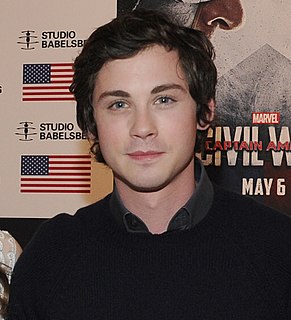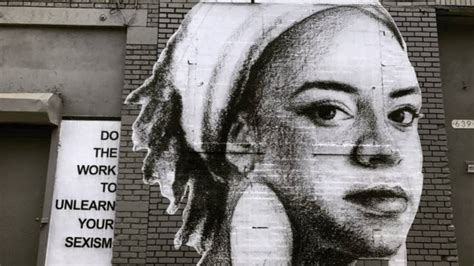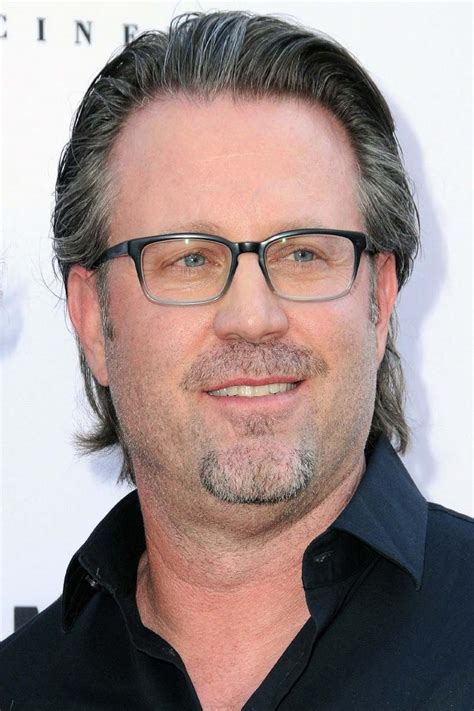A Quote by Celine Sciamma
Normally I'm watching people become actors in the process of making the film. It's very important you have a lot of respect when you are dealing with young people. You are in charge of everything about the process. You're an adult and they're not.
Related Quotes
Everything in The Room, we did it the same way the big studios do it. The only difference is the budget and the actors. We put an ad in Back Stage West and in return we got almost 8,000 headshots from people who wanted to be in the film. We then do a process of selection and a rehearsal process after they are selected. The process of audition is very time consuming.
For me, filmmaking is an ongoing self-reflection process. I kind of push everything to the edge. I feel very exposed and fragile when I make a film. It's a process of dealing with loneliness. And it's also very dramatic - because while you are working on a film, you just realize how incapable you are of dealing with all these things. And you open yourself up, and it's like your heart is utterly exposed. And it's very tiring on a daily basis.
With fiction, you are creating an imaginary world. And it can be a very mechanical process. In a fictional film, you create the characters who become "real people" when facing the camera. When you stop shooting, they change their costumes and become someone else. And people tend to believe in documentary more than fiction. Even if the fiction is based on a true story, everybody will say, "Oh, they're only actors."
I enjoy the making of the film and it's something for me to do. If nobody ever comes to my films, if people don't want to give me money to make films, that will stop me. But as long as people come all over the world and I have an audience and I have ideas for films, I will do them for as long as I enjoy the process. And I like the whole process of making a film.
I think it's very important to get this stuff on film, not just the behind-the-scenes of the process, but also the interviews with the women. We're going to try to do some on-the-street filming, getting people's reactions to the work, and seeing if we can get some street harassment happening on film so people can see what we're talking about. It's important to have some type of documentation so people can see what happens when we create this artwork and why I'm creating it.
Performance wasnt something that I intended to do. I was doing work that was about process, about the meaning of the making, trying to have a love-hate relationship with the object. I always feel safer if I can bring the viewer back to the making of it. I try to do that in a lot of different ways, by residue, by touch, by these processes that are basic to all of our lives...that people might relate to in terms of process, everyday activities- bathing, eating, etc.
I had a very blessed journey with the upbringing I had. When you're working on sets as a stuntman, you have a firsthand account of the dynamics between actors and directors, because you're working hand in hand with them. You're not sitting outside the process watching. You become part of the process. You also see your tradecraft and see how movies are made.
I started to respect older actors when I was young and then contemporary actors later on. Then I learned respect for comedy. When I was first doing theatre, I thought of it as just a means to become Sarah Bernhardt or someone like that. But acting with young people has been a great learning experience.

































